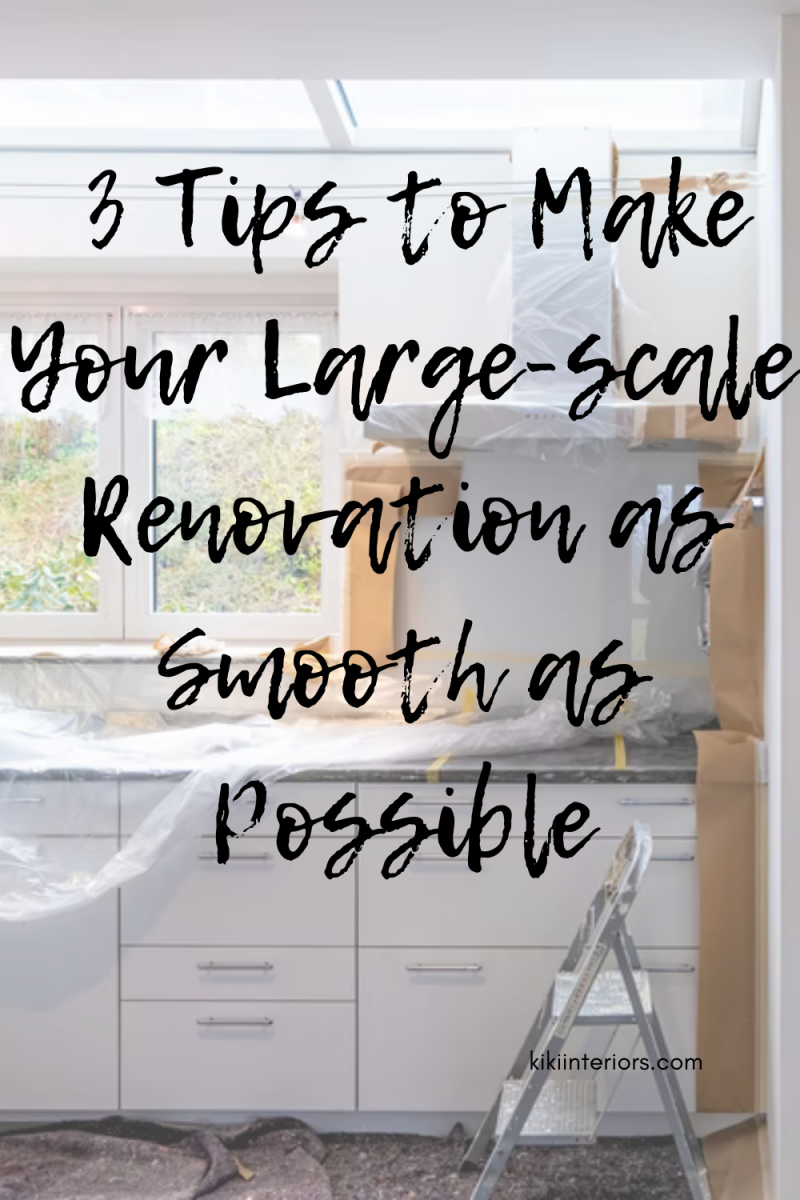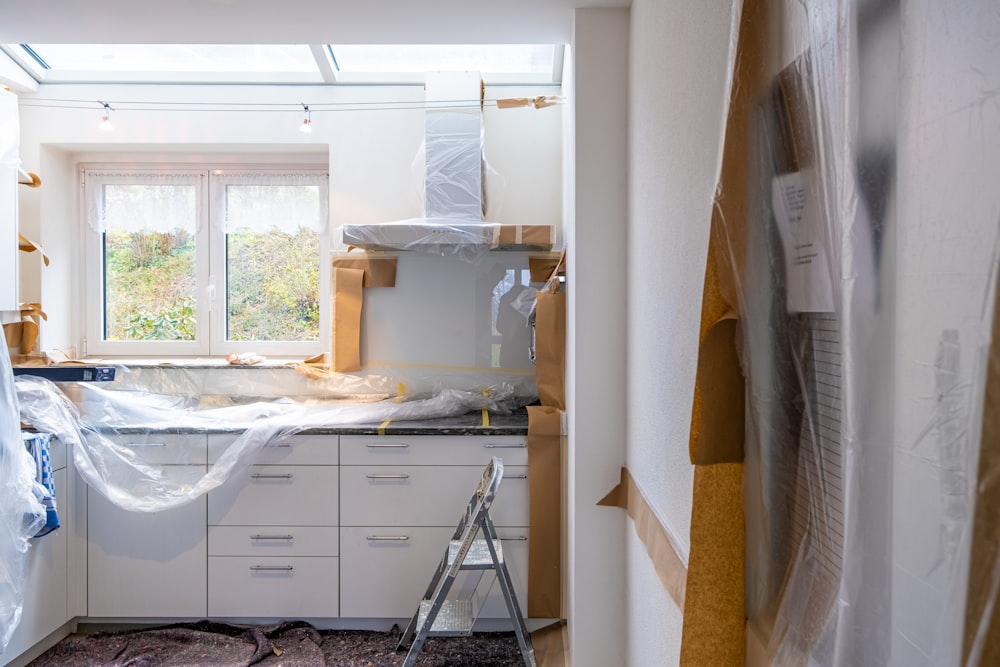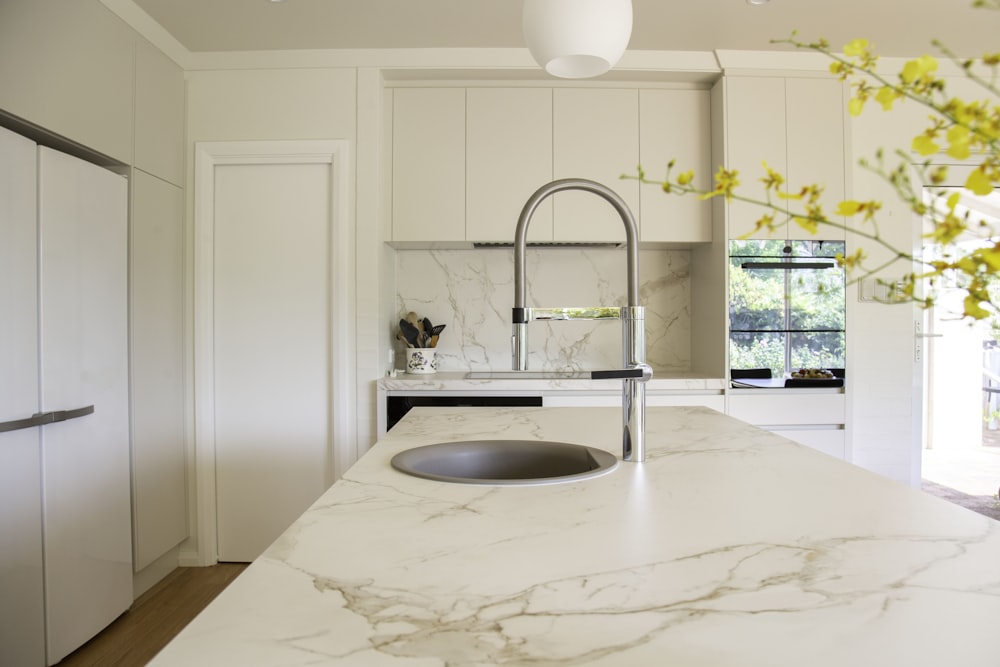
Renovating your home is always a messy ordeal, even if your plans are relatively small and you’ve done your best to prepare. You have to account for various potential obstacles – some of which may or may not actually come up – and keep your plans as flexible as possible. That said, there’s definitely a lot you can do to make your typical large-scale renovation as smooth as possible. As long as you know what options you have available and take the time to explore which ones would work best in your current situation, you can generally accomplish a lot to make the whole process as trouble-free as possible.

1. Shop in Bulk Wherever Applicable
Large-scale renovations tend to consume lots of resources, making it important to plan ahead when it comes to purchasing supplies and tools. Most people tend to make these considerations for the obvious things like construction supplies, but there’s a lot more that you could often be doing to equip yourself for the renovation while keeping your costs low. Companies like powerpointelectrics.co.uk can be very helpful when it comes to electrical equipment, for example – and it’s not rare that you might need lots of things like cables, lamps and light fittings, heating units and more. The same goes for every separate part of the renovation project – get in touch with a wholesale supplier whenever it’s an option and try to contact them as early as possible.
2. Work with a Professional Designer
Another thing that separates large-scale renovation jobs from smaller ones is that they’re practically impossible to handle on your own, at least if you care about good results. This is the kind of job that always requires professional help, and you should spare no expenses in getting in touch with a good designer and bringing them into the project. This will spare you a lot of trouble in the long run, and it can also bring some financial benefits about, especially if you work with someone who already has good connections to reliable suppliers.

3. Keep Your Options Open for the Future
No matter what you’ve chosen to change, make sure to keep things as flexible as possible for the future. Don’t commit to designs that will cost a lot to undo, especially if you’re on the fence about them. Consider what you’ll be doing with this place five or even ten years from now – will this renovation improve its value or make it more difficult to sell for some reason? This is another reason to work with a competent designer, as these are questions that they should be able to answer for you.
As we mentioned above, no matter how much planning and thought you may put into this, there’s always a risk that things will go wrong at various steps of the project. As long as you’ve chosen reliable contractors for each part of the job, you should be able to minimize any downtime and unexpected expenses, especially if you start planning your renovation as early as possible.




